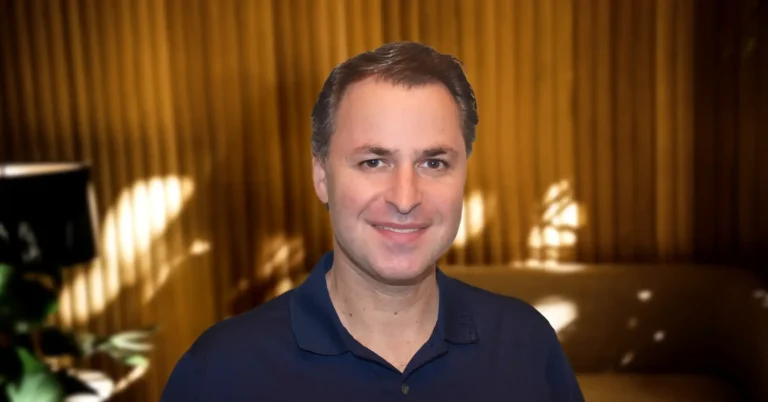

When we burnout the physical and psychological consequences are chilling. The study “Physical, psychological and occupational consequences of job burnout: A systematic review of prospective studies” identifies an array of issues that people suffer as a result of burnout, from musculoskeletal pain, prolonged fatigue and gastrointestinal issues to insomnia, depressive symptoms and the subsequent use of psychotropic and antidepressant medications or hospitalization. These personal ramifications can have professional consequences: job dissatisfaction and absenteeism.
Lawyers face elevated levels of stress due to their responsibilities, often arduous working hours, and the financial pressure of a billable hour (in private practice). The combination of these factors creates a perfect recipe for burnout. In the words of The Law Society of South Australia: “Numerous surveys on mental health from across the world have reported a common finding – that depression and other psychological issues are comparatively high among the legal profession.”
We talked to Kate Sherburn, head of legal at Who Gives A Crap, about the nexus between burnout and being a lawyer, and how to avoid it. Acknowledging the higher likelihood of burnout happening for lawyers is the first step. Next is being able to identify when someone is experiencing burnout. A University of California, Berkeley study identifies chronic exhaustion, cynicism and decline in professional efficiency as the real-time symptoms of burnout.
According to Sherburn, the goal is “prevention not cure”, having workplace environments where people can identify if they or those around them are developing burnout symptoms.
Sherburn identified the elephant in the room when it comes to the lawyer-burnout conversation – the lawyer personality. “It comes as no surprise to anyone that most lawyers are that type-A personality,” she says. “We’re overachievers, we want to get everything right.”
This mentality permeates into the culture of law firms and legal teams alike, contributing to the late-night and weekend work expectations. Although sometimes pulling long days is necessary, when it becomes the norm so too does not having enough personal time for relationships, exercise, hobbies and rest. Cue burnout.
Sherburn was forced to confront the tendency to “get everything right” within herself when she started at Who Gives A Crap. She says one of the company values is to “stay scrappy” which is “a fairly big contradiction to have for most lawyers”. Staying scrappy means putting people first rather than burning oneself out to attain perfection. According to Sherburn it means doing your best whilst taking care of yourself “because if you are no good yourself, you’re going to be no good to the business”.
How do you stay scrappy? Sherburn advises regular check-ins with yourself to ask “how am I coping?”
“Often, once people have realized they aren’t coping it’s got too far, and that’s when people have suffered bad burnout and other mental health issues.”
As well as the individual, companies can take tangible steps to encourage their people to look after themselves. Who Gives A Crap has a slow week per quarter where no meetings are scheduled. This gives people time to prioritize their work and take time out for themselves if they need to. The company also sends anonymous weekly check-ins to employees so that they can gauge the challenges, capacity and general state of their people.
Leading from the top is crucial to seeing these structural changes through. People emulate power, especially within hierarchical organizations. If employees see their managers and directors prioritizing their wellbeing by ensuring they don’t burn themselves out, they will be inclined to copy this behavior. Sherburn has identified a correlation at Who Gives A Crap between a leadership team that prioritizes their wellbeing and a thriving business that avoids burning itself to the ground.
Sherburn was the only counsel at Who Gives A Crap for quite some time before the team expanded. This put her in a uniquely stressful situation as she had no legal colleagues to lean on for support. To ensure she doesn’t get overwhelmed with work, she says she is “incredibly open and transparent about my capacity with the business”. She points out that there is no benefit in overpromising and under-delivering or running the risk of burnout so she provides clear timeframes for when she can complete work or determines the priorities of matters with the ELT. Outsourcing work is another key strategy in managing her workload, which means maintaining good working relationships with external counsel is important.
If there is one key take away from our conversation with Sherburn, it is that creating a culture that prevents burnout from occurring in the workplace falls not only on the individual but also on the leadership and the business. For lawyers, who have an innate tendency to push themselves to be perfect, learning when to take a break is a huge factor. But this behavior will not happen without leadership leading by example and organizational changes.


